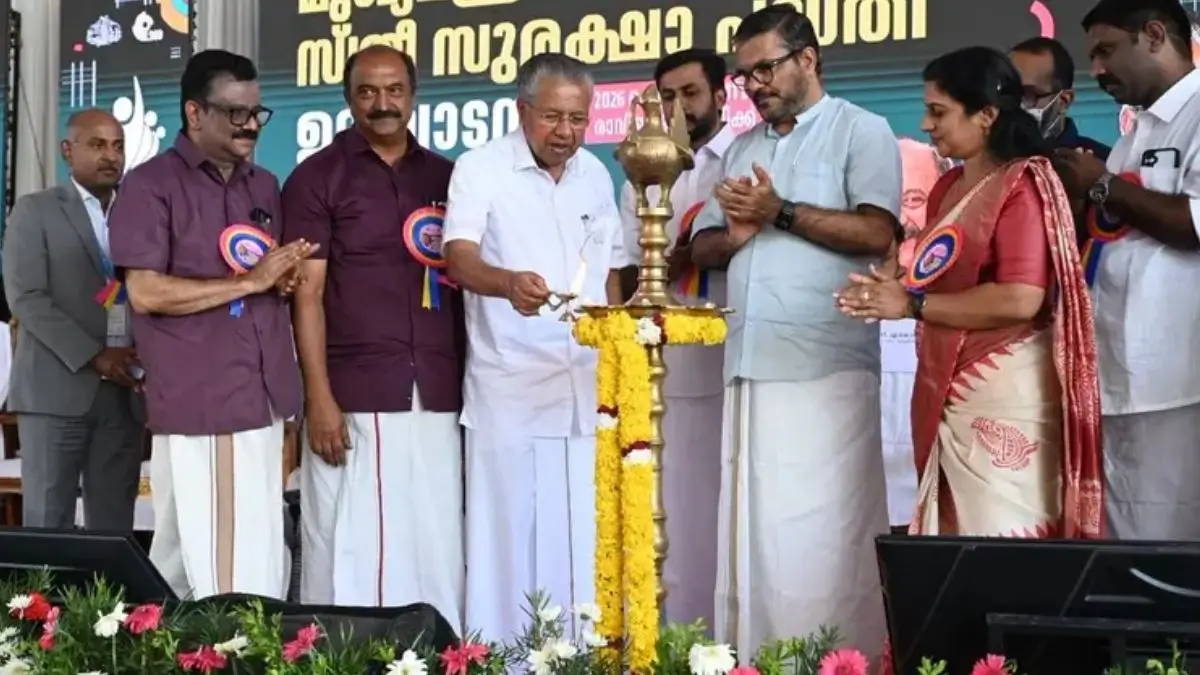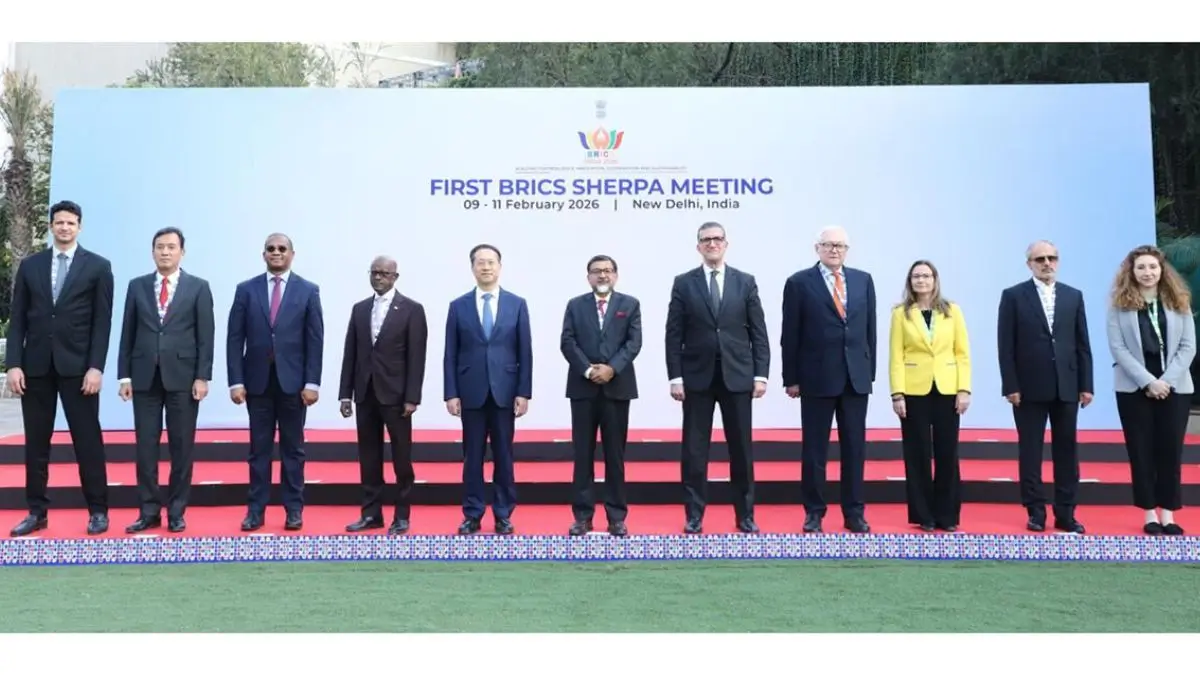The Tata Family: Members, Their Legacy, and Contributions to the Tata Group
Overview of the Tata Family
The Tata family, one of India’s most prominent business dynasties, has played a significant role in shaping the country’s industrial landscape. Founded by Jamsetji Tata in 1868, the Tata Group has grown into a global conglomerate with diverse interests, including steel, automobiles, information technology, and hospitality. The family’s vision of nation-building and ethical business practices has left an indelible mark on the Indian economy.
Jamsetji Tata: The Visionary Founder
Jamsetji Tata, often referred to as the “Father of Indian Industry,” laid the foundation of the Tata Group with a vision to create a self-sufficient India. His initiatives included establishing the Tata Steel plant in Jamshedpur, which remains one of the largest steel manufacturers in India. He also envisioned the Indian Institute of Science, reflecting his commitment to education and innovation. Jamsetji’s legacy continues to inspire successive generations of the Tata family.
Contributions of Ratan Tata
Ratan Tata, the grand-nephew of Jamsetji Tata, has been instrumental in transforming the Tata Group into a global powerhouse. Under his leadership, the group expanded its footprint internationally, acquiring several renowned companies such as Jaguar Land Rover and Corus Steel. Ratan Tata’s emphasis on ethical business practices and corporate social responsibility has further strengthened the Tata brand, making it synonymous with trust and reliability.
Emergence of Natarajan Chandrasekaran
Natarajan Chandrasekaran, the current chairman of Tata Sons, represents the new generation of leadership within the Tata Group. His rise from a software engineer to the head of the conglomerate exemplifies the family’s commitment to meritocracy. Chandrasekaran has steered the group towards digital transformation and innovation, ensuring its relevance in a rapidly changing global market.
The Legacy Continues
The Tata family’s contributions extend beyond business; they have played a pivotal role in philanthropy and social development. The Tata Trusts, established by the family, focus on various social issues such as education, healthcare, and rural development. This commitment to societal welfare exemplifies the Tata philosophy of giving back to the community, reinforcing their legacy as responsible corporate citizens.

Why This News is Important
Significance of the Tata Family’s Legacy
The Tata family’s legacy is integral to understanding India’s industrial evolution. Their contributions have not only propelled economic growth but have also set a benchmark for corporate ethics and social responsibility. By examining the Tata family’s history, students can gain insights into the principles that drive successful enterprises and the importance of ethical practices in business.
Learning from the Tata Group’s Evolution
The Tata Group’s journey from a small trading company to a multinational conglomerate provides valuable lessons for aspiring entrepreneurs and future business leaders. The family’s emphasis on innovation, diversification, and global expansion highlights the dynamic nature of modern business and the need for adaptability in an ever-evolving market landscape.
Inspiration for Future Generations
The story of the Tata family serves as an inspiration for future generations. Their commitment to education, innovation, and social responsibility illustrates how businesses can contribute to national development. This narrative encourages students to aspire for excellence while remaining grounded in values that prioritize community welfare and ethical practices.
Historical Context
Foundation of the Tata Group
The Tata Group’s origins trace back to 1868 when Jamsetji Tata established a trading company in Bombay (now Mumbai). His vision for industrialization led to the founding of Tata Steel in 1907, which marked a significant milestone in India’s economic history. The group has since diversified into various sectors, including information technology, hospitality, and consumer goods.
Major Milestones in Tata’s Journey
Throughout the years, the Tata Group has achieved numerous milestones, including the establishment of the Tata Institute of Social Sciences in 1936 and the launch of Tata Motors in 1945. The group’s commitment to sustainability and social responsibility has shaped its operations and garnered respect globally. The leadership of figures like Ratan Tata and Natarajan Chandrasekaran has propelled the group to new heights, reinforcing its status as a global leader.
Key Takeaways from The Tata Family: Members, Their Legacy, and Contributions to the Tata Group
| S.No | Key Takeaway |
|---|---|
| 1 | The Tata family founded the Tata Group in 1868, becoming pioneers of Indian industry. |
| 2 | Jamsetji Tata, the founder, is known as the “Father of Indian Industry” for his vision and initiatives. |
| 3 | Ratan Tata expanded the Tata Group internationally, acquiring several global companies. |
| 4 | Natarajan Chandrasekaran represents the new generation of leadership, focusing on digital transformation. |
| 5 | The Tata Trusts play a crucial role in philanthropy, focusing on education, healthcare, and social development. |
Important FAQs for Students from this News
1. Who founded the Tata Group?
Jamsetji Tata founded the Tata Group in 1868.
2. What are some major industries in which the Tata Group operates?
The Tata Group operates in various industries, including steel, automobiles, information technology, and hospitality.
3. Who is Ratan Tata, and what is his contribution to the Tata Group?
Ratan Tata is the grand-nephew of Jamsetji Tata and has been instrumental in expanding the Tata Group internationally and enhancing its reputation for ethical business practices.
4. What is the role of Natarajan Chandrasekaran in the Tata Group?
Natarajan Chandrasekaran is the current chairman of Tata Sons, focusing on digital transformation and innovation within the conglomerate.
5. How does the Tata family contribute to social causes?
The Tata family, through the Tata Trusts, focuses on various social issues such as education, healthcare, and rural development, reinforcing their commitment to corporate social responsibility.
Some Important Current Affairs Links

















